How NLP in the Education Sector Can Enhance Learning Experience?
NLP in education powers AI tutors, auto-grading & support to boost personalized learning experiences


The education landscape is undergoing a revolutionary transformation, driven by the rapid advancement of artificial intelligence technologies. Natural Language Processing (NLP), a cornerstone of modern AI, is reshaping how students learn, teachers instruct, and educational institutions operate.
This comprehensive exploration examines how NLP in Education is creating unprecedented opportunities for personalized, accessible, and effective learning experiences.
AI Chatbots in University Learning: Insights from Studies. Read more here!
Understanding Natural Language Processing in Educational Context
Natural Language Processing represents the intersection of computer science, artificial intelligence, and linguistics, enabling machines to understand, interpret, and generate human language. In educational settings, NLP serves as a bridge between complex computational systems and natural human communication, making technology more intuitive and accessible for both educators and learners.

The global NLP market, valued at $20.80 billion in 2021, is projected to reach $161.81 billion by 2029, with a compound annual growth rate (CAGR) of 18.1%. Specifically, the NLP in Education market is expected to grow from $101.5 million in 2024 to $545 million by 2034, demonstrating an impressive CAGR of 18.3%.
The Impact of Generative AI and RAG on Personalized Learning. More here!
Core Benefits of NLP in Education
Personalized Learning That Adapts to Individual Needs
Natural Language Processing enables educational platforms to analyze student performance data, learning patterns, and individual preferences to create customized learning experiences. By examining test scores, participation levels, and written responses, NLP systems can tailor content delivery to match each student's learning pace and style while identifying knowledge gaps and providing targeted remediation.
Enhanced Accessibility and Inclusivity
NLP technologies break down barriers for diverse learners by providing real-time language translation for international students and speech-to-text capabilities for students with disabilities. The multilingual support enables education in native languages, while cultural sensitivity features ensure content adaptation meets diverse needs.
According to recent studies, institutions implementing NLP-powered accessibility tools have seen a 60% improvement in second language competency among their diverse student populations.
Streamlined Administrative Operations
Educational institutions benefit significantly from NLP-powered automation that reduces administrative burden by handling routine inquiries and automating grading processes. These systems manage student enrollment, course registration, and provide 24/7 support through intelligent chatbots, freeing educators to focus on actual teaching.
Generative AI systems can process up to 100,000 applications monthly with 99% accuracy, as demonstrated by companies like PayU in their document processing operations.

Transformative Applications of NLP in Education
Intelligent Tutoring Systems
Large Language Models (LLMs) power sophisticated tutoring systems that provide personalized instruction by analyzing student responses and adapting their teaching approach accordingly. Carnegie Mellon University has successfully implemented NLP-driven Intelligent Tutoring Systems that create effective one-on-one learning interactions, demonstrating the practical value of this technology.
These systems utilize advanced algorithms to understand student queries, assess comprehension levels, and deliver customized content that matches individual learning preferences. The result is a more engaging and effective educational experience that scales personalized learning to thousands of students simultaneously.
Automated Assessment and Feedback
Natural Language Processing revolutionizes assessment by providing instant, objective grading for essays and written assignments. These systems analyze grammar, coherence, content quality, and logical structure while providing detailed feedback to students.
Teachers report saving 40-60% of their grading time, allowing them to focus on more meaningful educational activities.
The consistency and bias-free nature of NLP-powered assessment ensures fair evaluation across all students, while the immediate feedback helps learners improve their writing skills in real-time.
Smart Content Creation and Curation
Generative AI and NLP technologies enable automated content generation that adapts to specific educational objectives and student needs. These systems can create quiz questions, summarize lengthy texts, and even generate explanatory content tailored to different reading levels and learning styles.
Educational institutions using NLP for content curation report significant improvements in resource planning and student engagement, as materials are automatically matched to individual learning preferences and academic levels.
Language Learning Support
NLP in Education particularly excels in language learning applications, where conversational AI, speech recognition, and translation technologies combine to create immersive learning experiences. Students can practice pronunciation, receive grammar corrections, and engage in realistic conversations with AI tutors.
Companies like Babbel have successfully used NLP technologies to help over 60% of their users achieve measurable improvements in second language competency through personalized learning algorithms and adaptive feedback systems.
What Are the Best Generative AI Tools for Teachers? Read here!
Real-World Success Stories
Corporate Training Transformation
Accenture's Digital People Advisor (DiPA) demonstrates the practical impact of NLP in Education for corporate learning. Within its first year, the system answered two million questions from 110,000 employees, providing personalized responses and advanced context-based replies that significantly improved learning efficiency.
Medical Education Innovation
Avi Medical partnered with specialized platforms to create scenario-based microlearning programs using NLP technologies. With just ten minutes of learning per week, this approach produced excellent reviews, high participation rates, and notably fewer errors in clinical practice.
Global Language Learning
Insight's collaboration with language learning platforms resulted in 60% of their German employees showing clear improvements in English competency through NLP-powered adaptive learning systems that provided placement tests and individualized lesson recommendations.
Implementation Strategies for Educational Institutions
Starting with Clear Objectives
Successful NLP implementation begins with identifying specific areas where the technology can make the most impact. Whether automating grading, powering tutoring systems, or enhancing student support through chatbots, clear goals help align NLP features with educational strategies and business models.
Building Minimum Viable Products
Rather than attempting comprehensive rollouts, institutions should start with minimum viable products (MVPs) that provide real-world feedback quickly. This approach validates Natural Language Processing applications with minimal risk while demonstrating practical value to stakeholders.
Choosing Appropriate Technology Stacks
Successful implementation requires the right combination of NLP services, AI frameworks, APIs, and Learning Management System integrations. Institutions should prioritize proven, scalable tools that integrate seamlessly with existing educational infrastructure.
Future Trends and Developments
Advanced Contextual Understanding
Future NLP systems will demonstrate improved contextual understanding, enabling more natural interactions with educational chatbots and enhanced language learning experiences. Large Language Models continue evolving to better comprehend nuanced educational contexts and student needs.
Multimodal Learning Integration
The integration of NLP with other technologies like computer vision and augmented reality promises to create immersive learning environments that process audio, visual, and textual inputs simultaneously for richer educational experiences.
Enhanced Personalization Capabilities
Advancing Generative AI will enable even more sophisticated personalization, with systems capable of adapting not just content difficulty but also presentation style, cultural context, and emotional tone to match individual student preferences and needs.
Thus,
Natural Language Processing represents a transformative force in education, offering unprecedented opportunities to personalize learning, enhance accessibility, and improve educational outcomes. From intelligent tutoring systems powered by Large Language Models to automated assessment tools and multilingual support systems, NLP in Education is creating more inclusive, effective, and engaging learning environments.
As educational institutions continue to embrace these technologies, the focus must remain on ethical implementation, data privacy, and ensuring that NLP serves to enhance rather than replace human educators. The future of education lies in the thoughtful integration of these powerful technologies to create learning experiences that are truly personalized, accessible, and effective for every student.
The journey toward NLP-enhanced education is not just about adopting new technologies; it's about reimagining how we teach, learn, and grow in an increasingly connected and intelligent world.
Transform Your Educational Institution with Makebot's LLM Solutions
Ready to revolutionize your educational experience with cutting-edge Natural Language Processing technology? Makebot's industry-leading LLM and chatbot solutions are specifically designed for the education sector, offering intelligent tutoring systems, automated assessment tools, and multilingual support that enhance learning outcomes.
Transform your institution's learning experience with personalized AI tutoring, automated grading, and intelligent student support systems. Our Generative AI solutions adapt to your educational infrastructure and student needs.
Get Started: makebot.ai | Expert Consultation: b2b@makebot.ai

Studies Reveal Generative AI Enhances Physician-Patient Communication





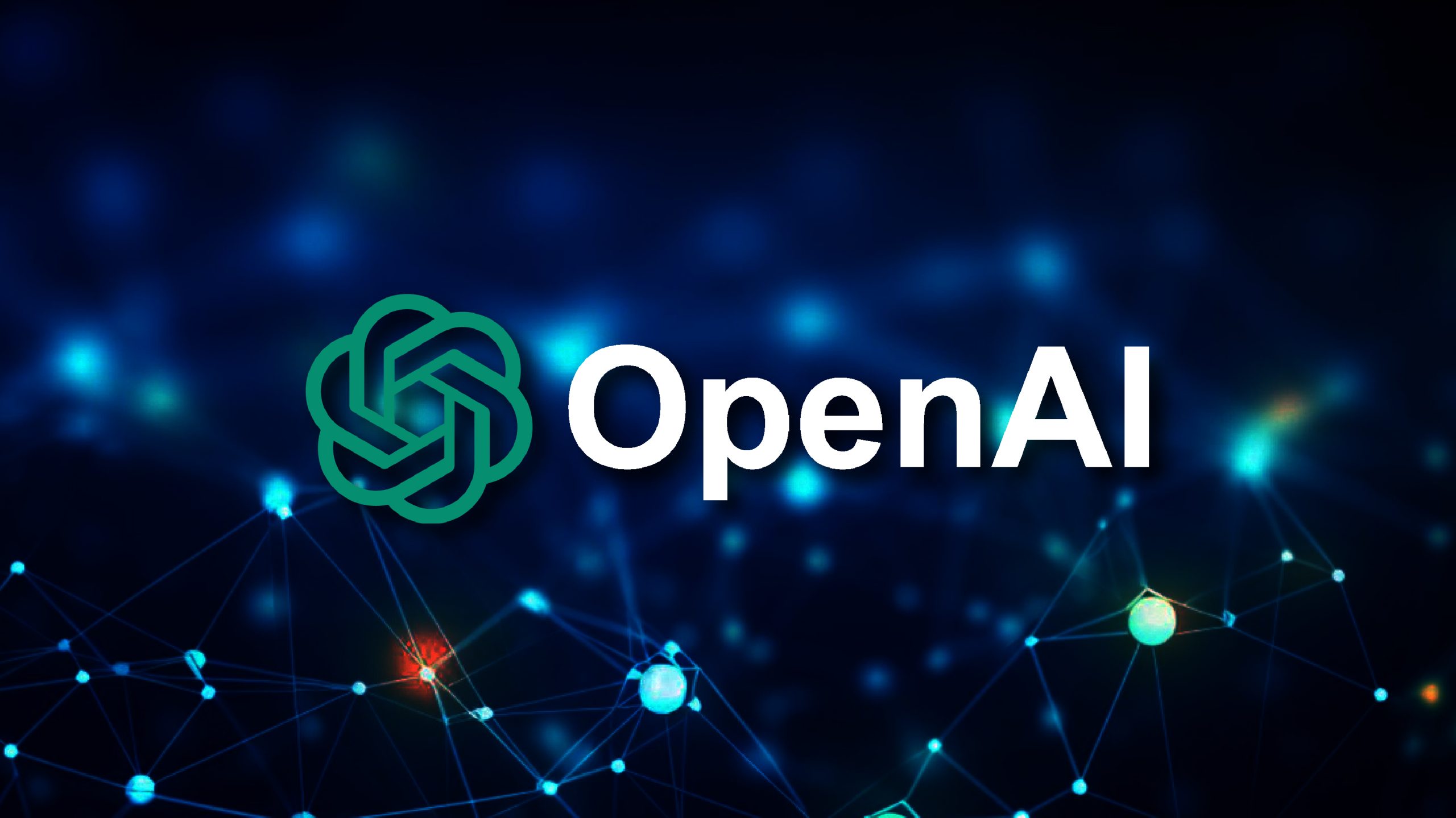



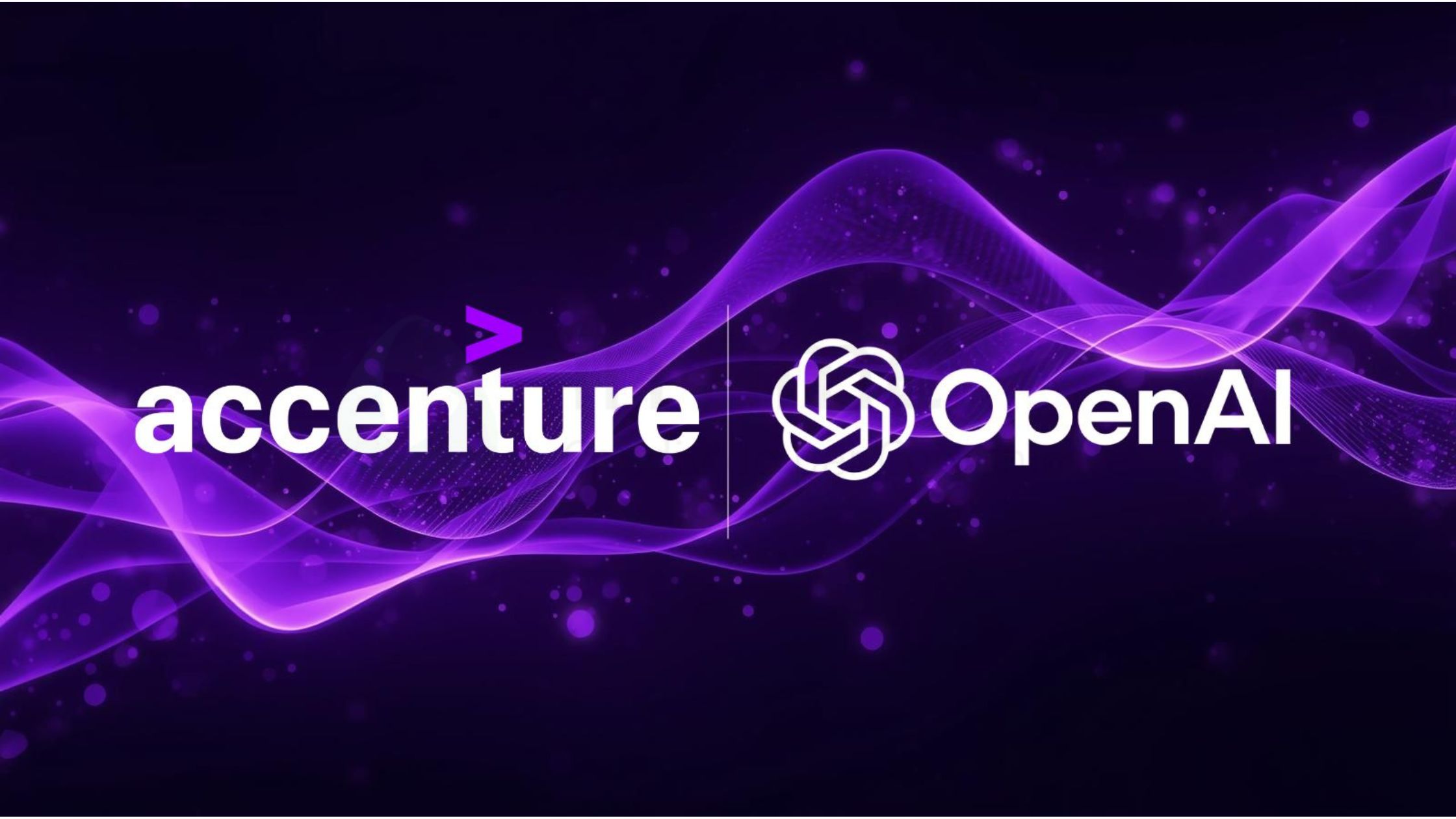
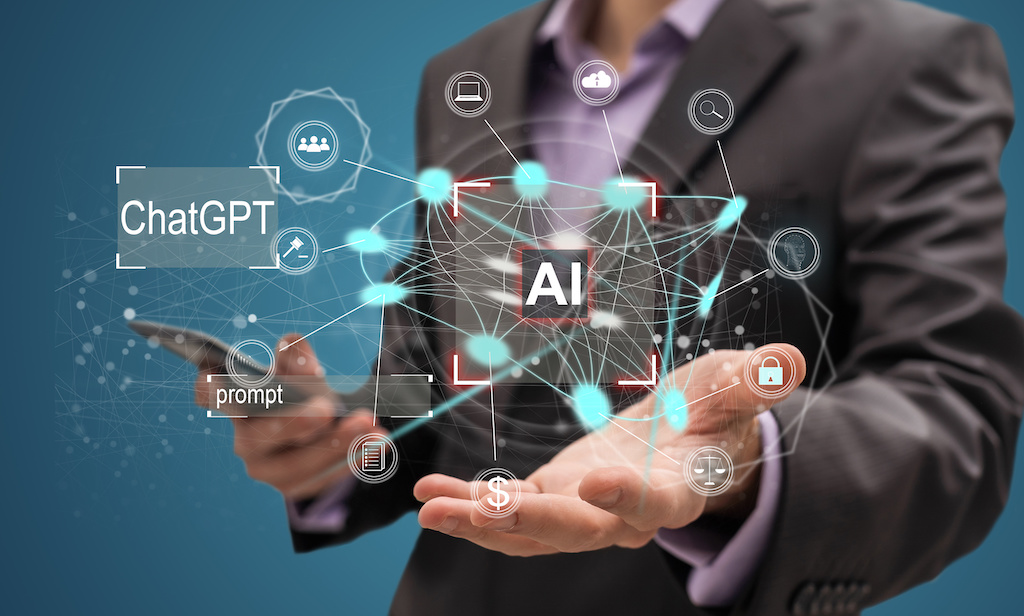


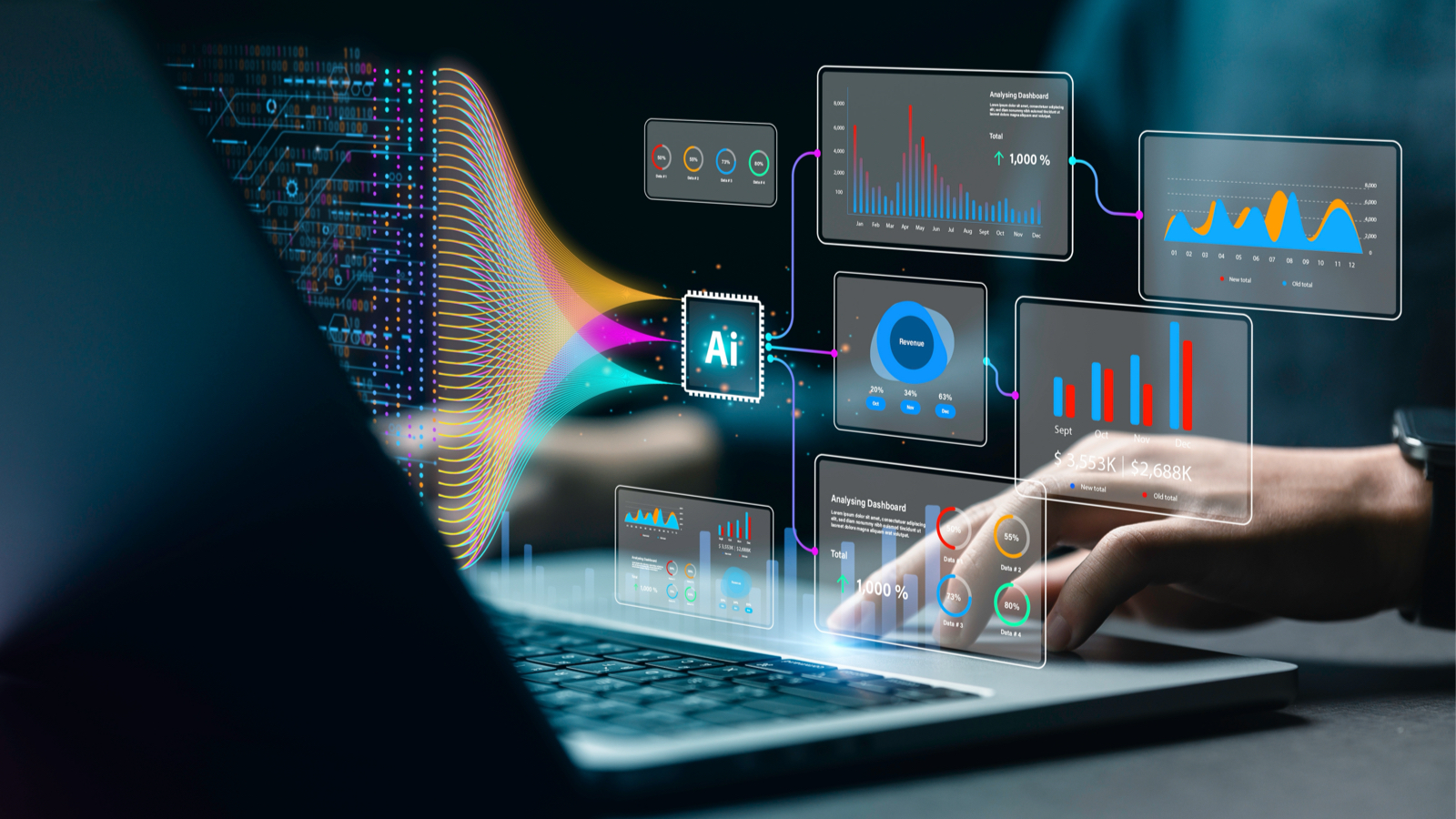






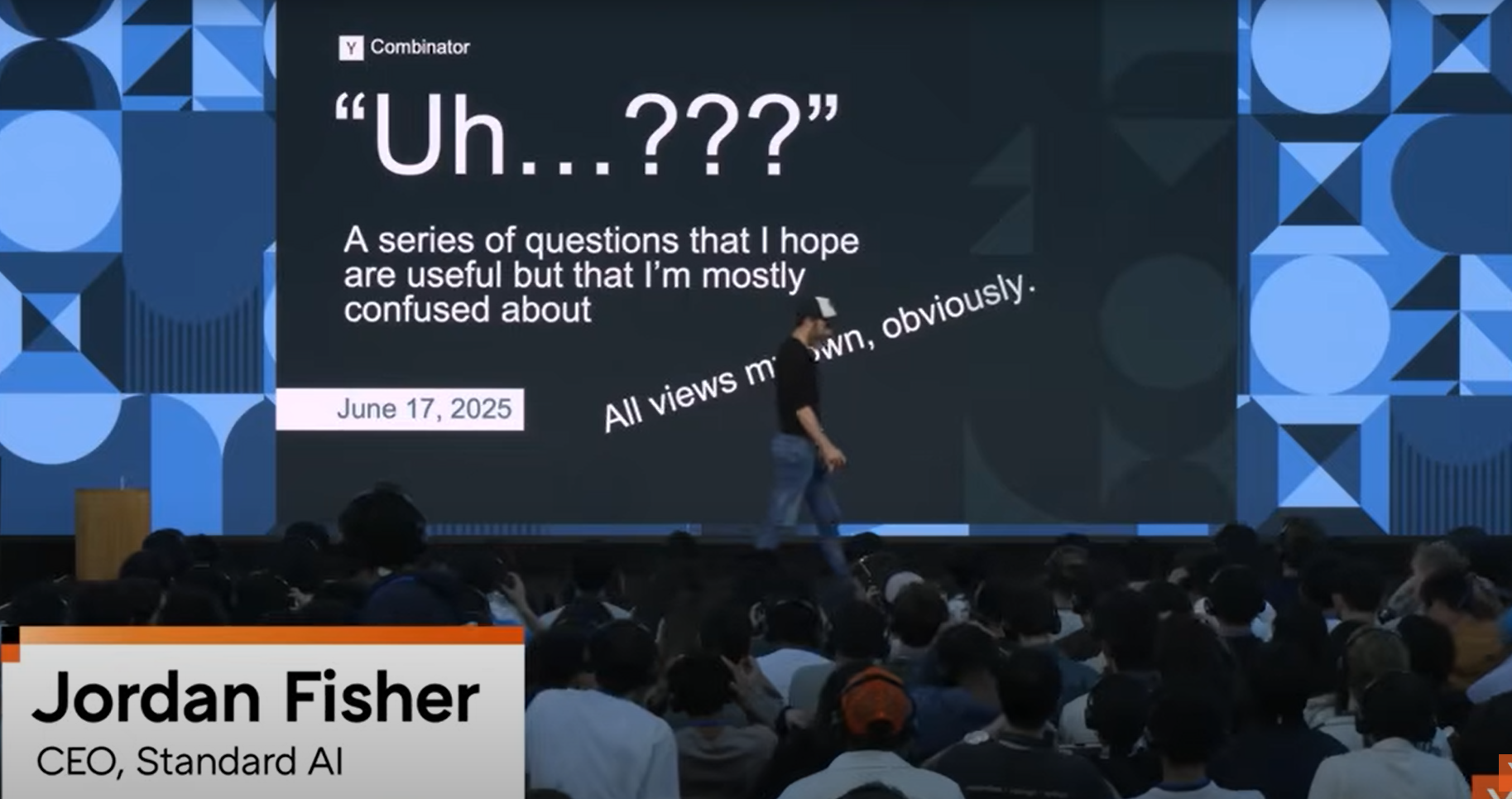
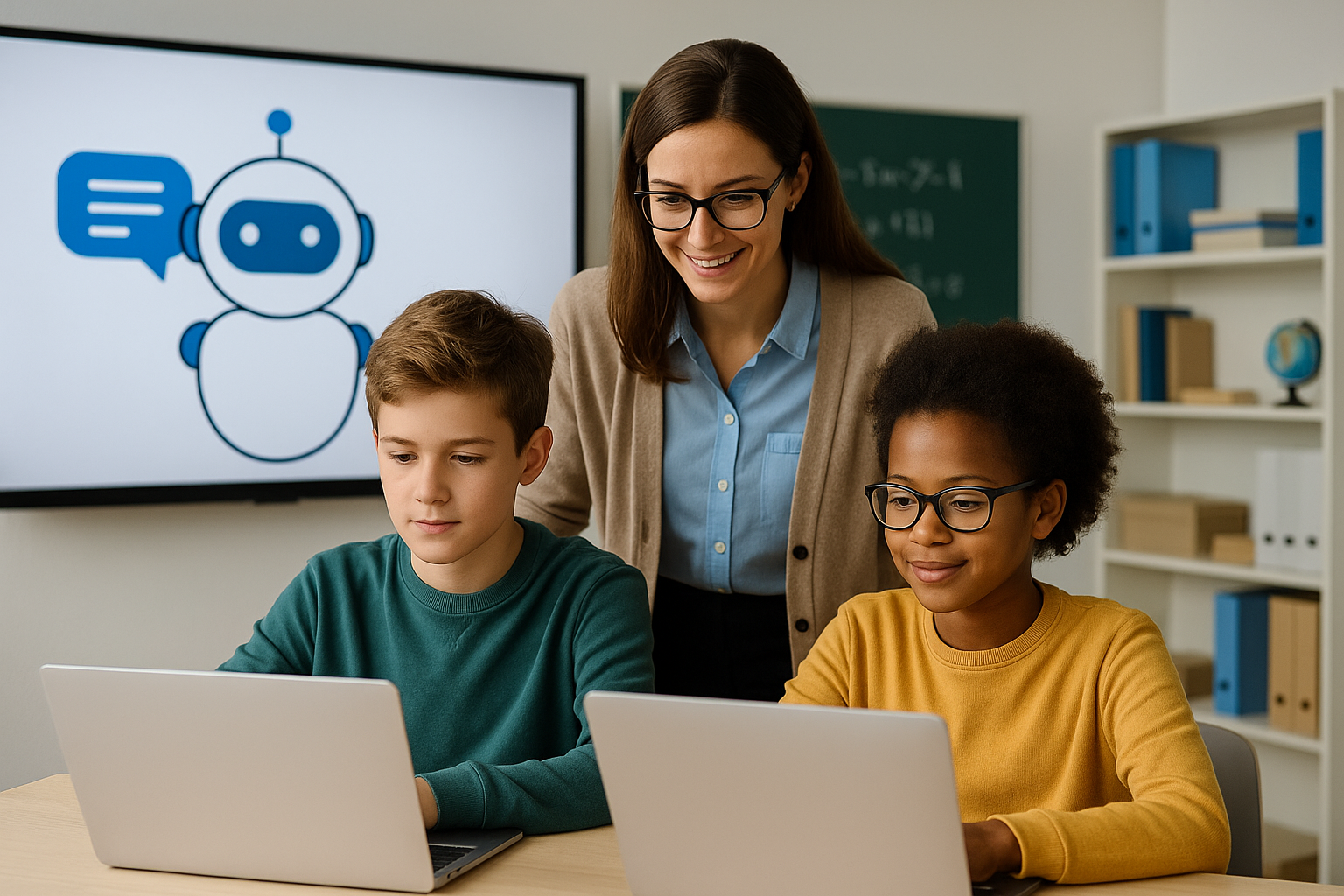



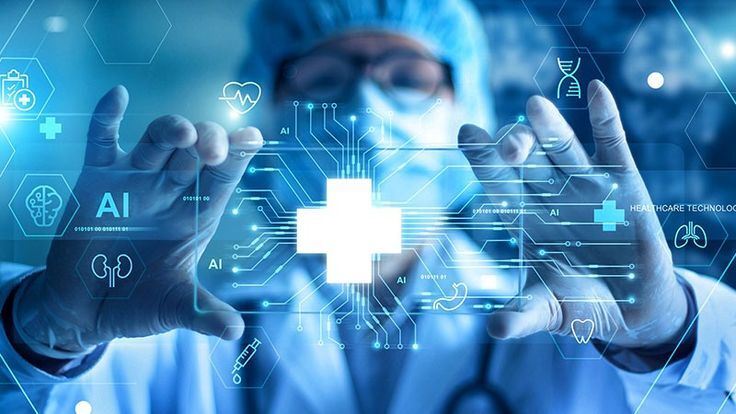

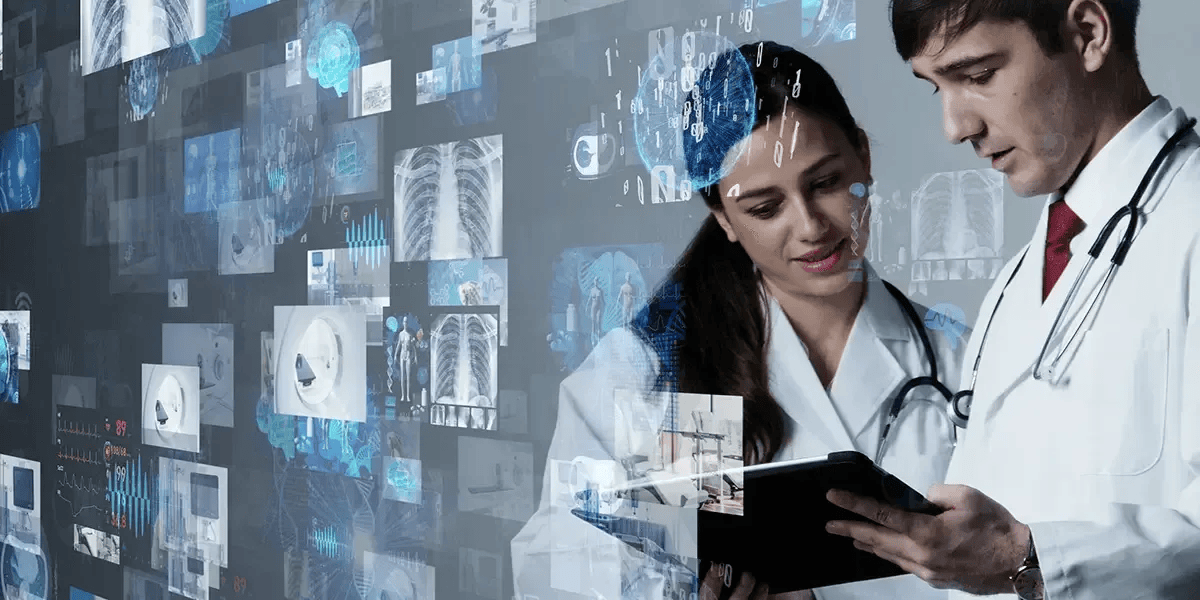



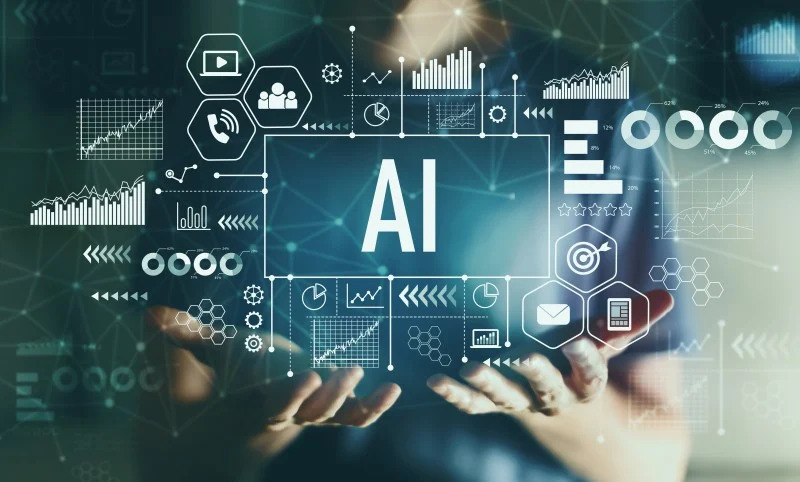



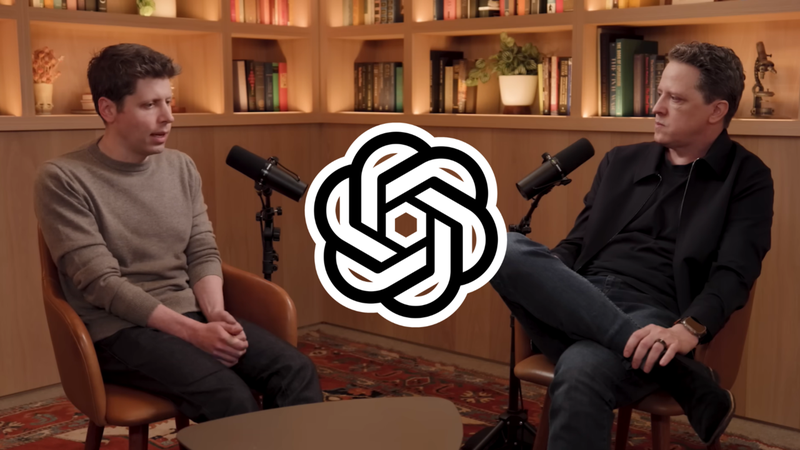





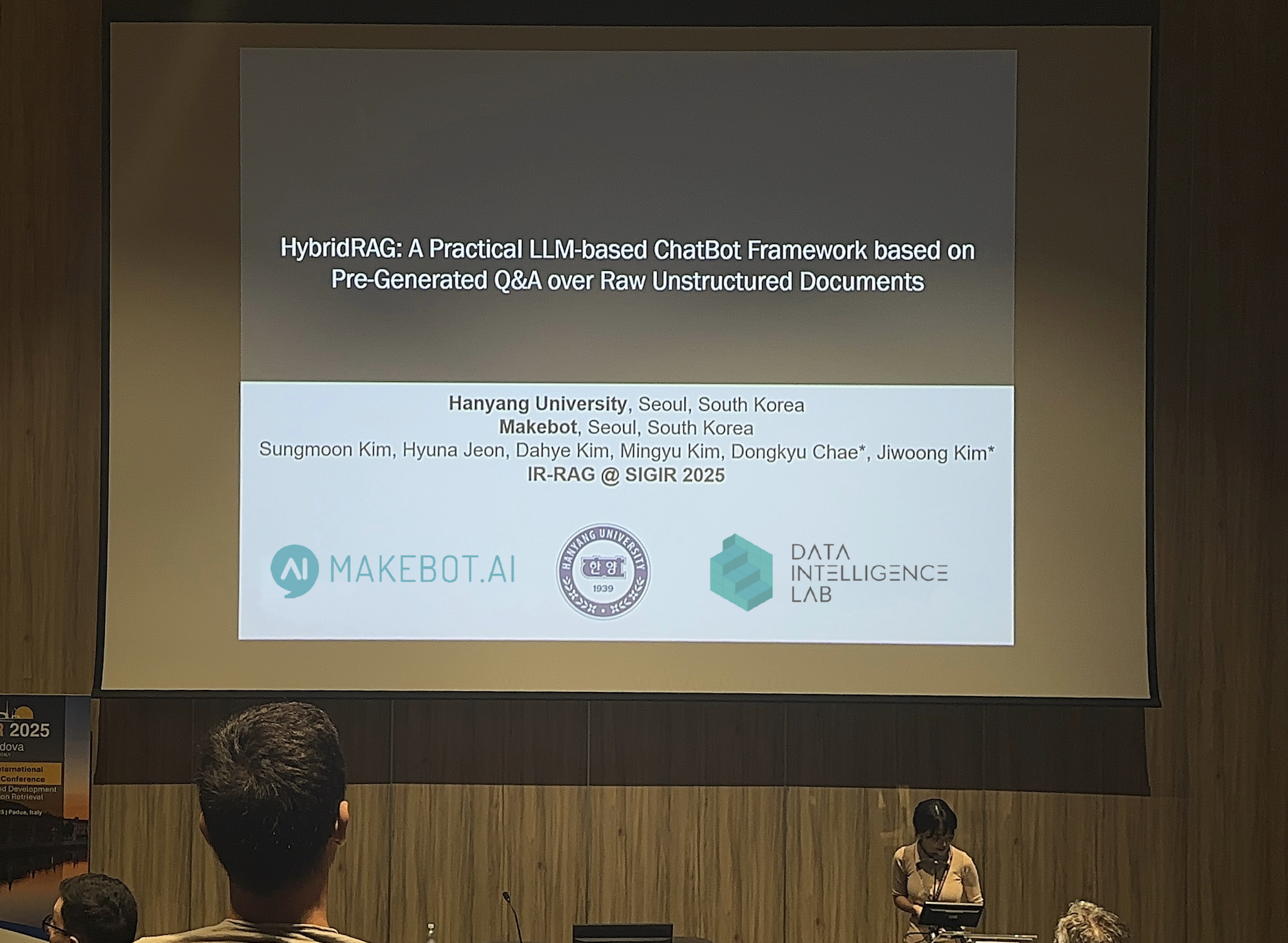








_2.png)












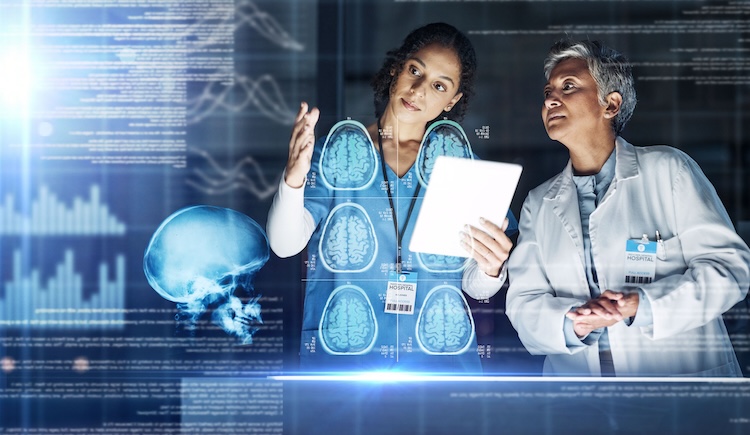





.jpg)




























